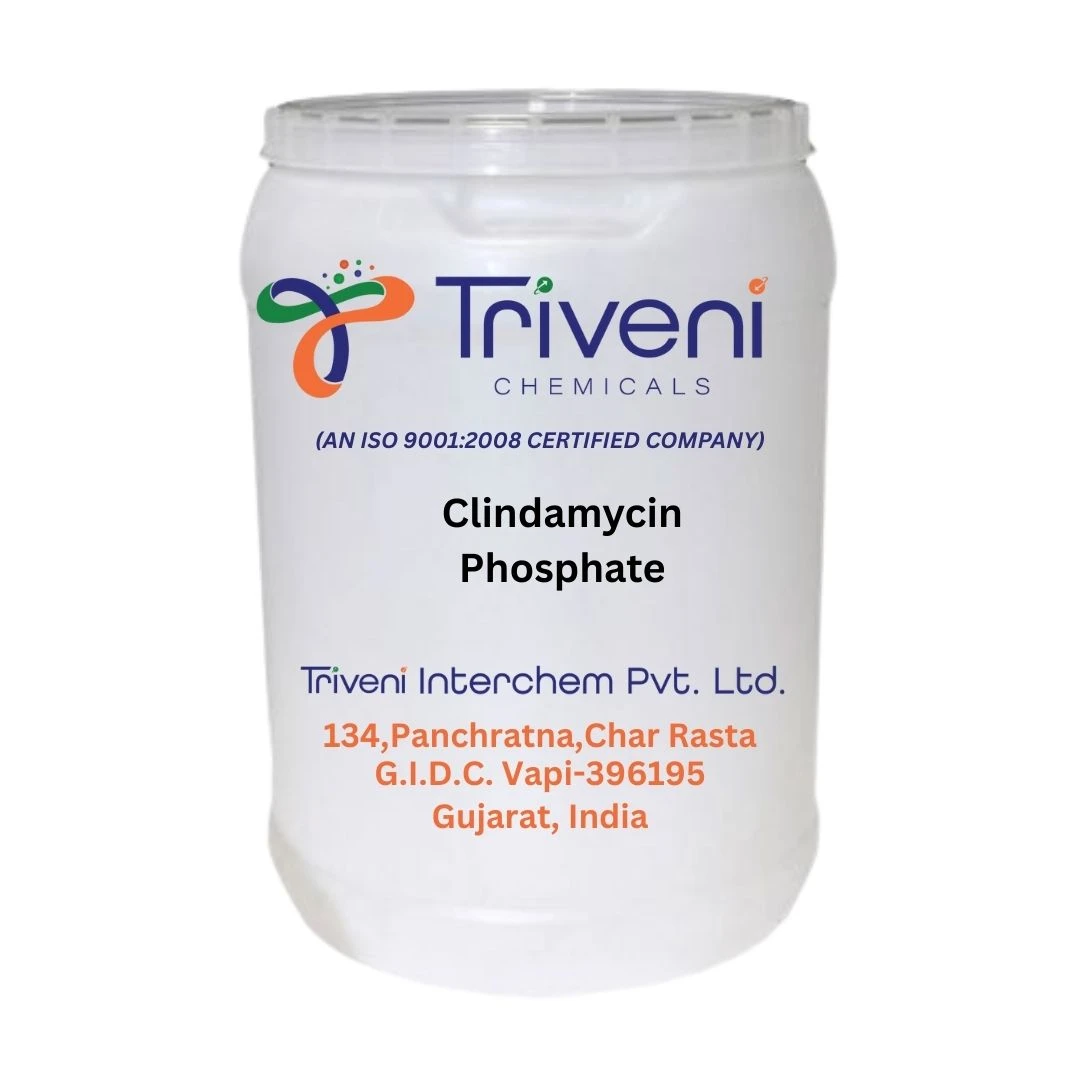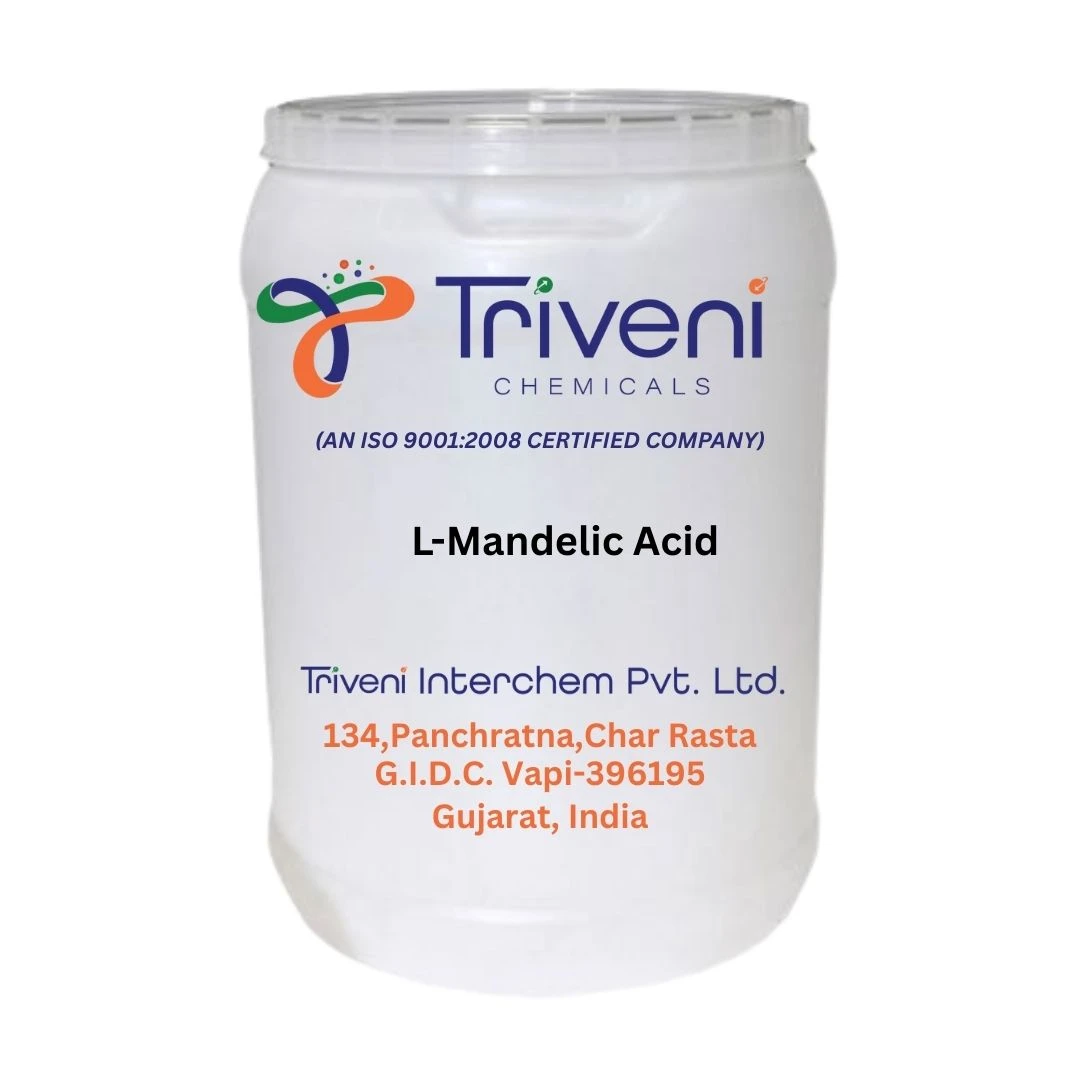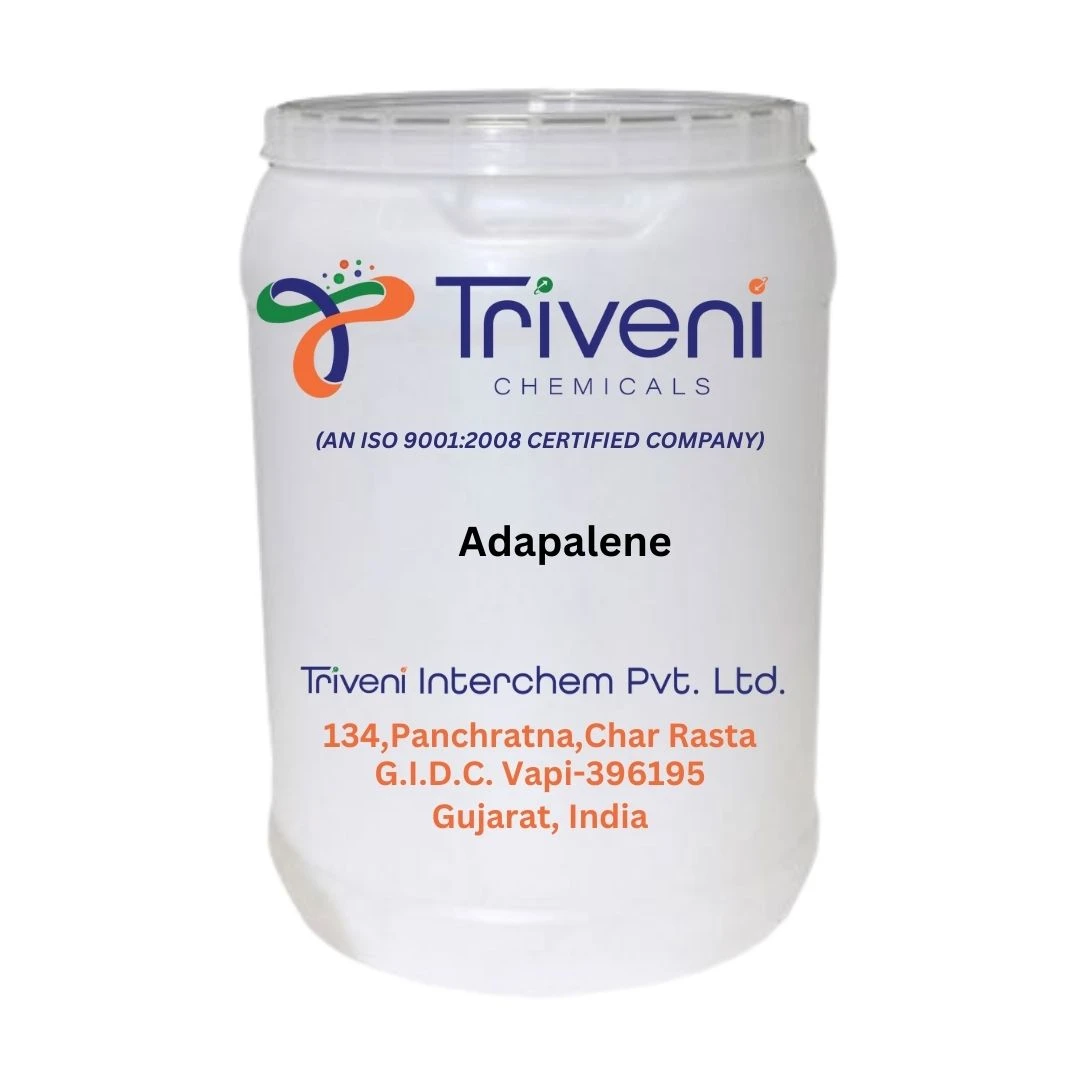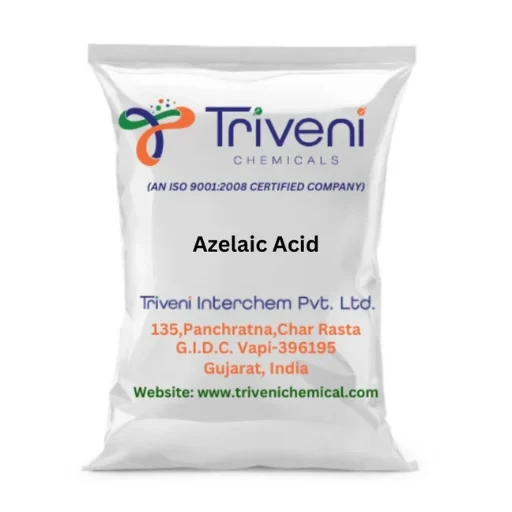Millions of individuals throughout the world suffer with acne, a common skin problem that usually develops during adolescence and the early years of adulthood but can also last or even appear later in life. Blackheads, whiteheads, pimples, and occasionally deeper cysts or nodules grow when hair follicles get blocked by..
Millions of individuals throughout the world suffer with acne, a common skin problem that usually develops during adolescence and the early years of adulthood but can also last or even appear later in life. Blackheads, whiteheads, pimples, and occasionally deeper cysts or nodules grow when hair follicles get blocked by oil and dead skin debris. Acne is primarily brought on by the sebaceous glands' excessive oil production, which is impacted by hormonal changes, notably those that occur during puberty. When the glands create more sebum as a result of hormones like androgens, Propionibacterium acnes, the bacteria that causes acne, can flourish. Additionally, the development and severity of acne can be influenced by elements such as heredity, food, stress, and specific drugs. Acne vulgaris, the most prevalent form of acne, manifests as inflammatory papules, pustules, and nodules in addition to non-inflammatory comedones (blackheads and whiteheads). Although acne mostly affects the face, it can also affect the neck, chest, back, and shoulders because of the high density of oil glands in those regions. Acne can be emotionally upsetting as well as physically uncomfortable since it can cause low self-esteem, anxiety, and depression, which can all negatively impact a person's quality of life. There are many different ways to treat acne, ranging from over-the-counter topical creams with chemicals like salicylic acid or benzoyl peroxide to prescription drugs like topical retinoids, oral antibiotics, and hormonal therapy for females. Dermatologists could advise isotretinoin, an effective oral retinoid known for its efficacy but also for its possible adverse effects, in extreme circumstances. A balanced diet, establishing a regular skincare routine, and staying away from harsh items that might irritate the skin can all help manage and stop acne flare-ups in addition to med.ical treatments. Overall, despite the fact that acne can be a bothersome and persistent skin problem, it is controllable with the appropriate strategy and medical advice. Finding the most appropriate and efficient treatment strategy for each person's particular skin needs requires consulting with a dermatologist or healthcare professional if acne is significantly distressing or interfering with everyday living.
- Acne: A common skin condition often confused with acne rosacea due to similar symptoms.







